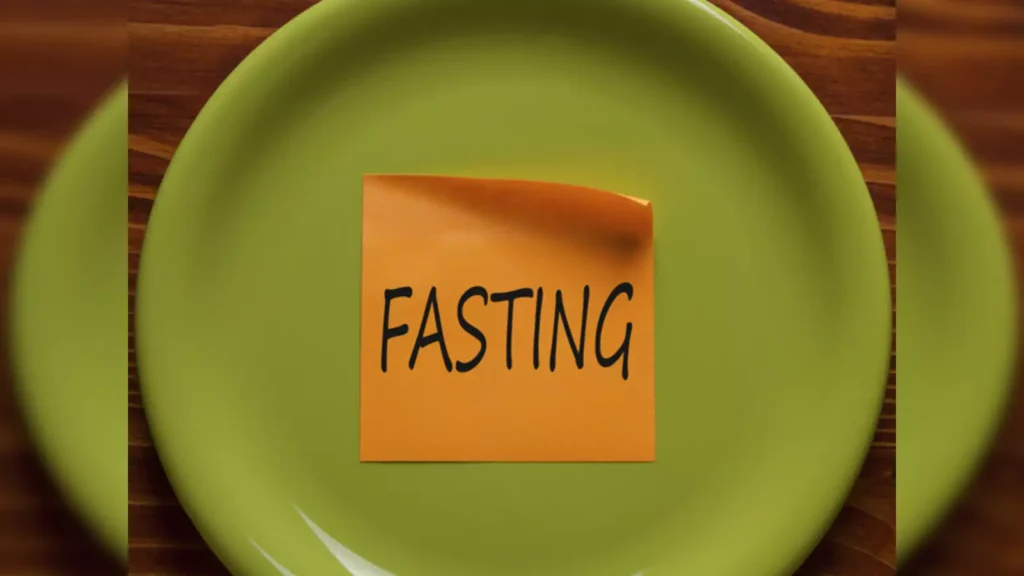A Beginner’s Guide to Fasting: What You Need to Know Before You Start
It’s that time of the year again, lent, Ramadan—when many people around the world, especially Muslims and Christians, dedicate themselves to fasting. Whether it’s for spiritual growth, discipline, or health benefits, fasting is a common practice across different religions and cultures. A time of reflection and penance.
For those of us that ever do fast, it can be pretty demanding at times–you start with energy but by midday you feel like a zombie and just want to pass out. And that is partly why I am writing this–what fasting really involves and how you can do it without feeling like you’re about to die out by midday!
Understanding the Different Types of Fasting
Fasting isn’t a one-size-fits-all practice, different religions and individuals have varying approaches to it. Here are some common types:
- Dry Fasting: No food, no water; this is the strictest form of fasting and is commonly observed by Muslims during Ramadan. Some Christians also practice dry fasting for a set period.
- Wet Fasting (Water Fasting): No food, but drinking water is allowed. Some people extend this to include black coffee or herbal tea to help curb hunger.
- Selective Fasting: Instead of completely avoiding food, some people choose to abstain from specific foods they love—like sweets, meat, or even social media (yes, that counts too apparently!).
Regardless of the type you choose, fasting is more a test of self-discipline and endurance, but that doesn’t mean it should feel like torture. Let’s look at how you can make it easier.
What to Do Before You Start Fasting
The way you prepare for a fast can make or break your experience, but then again, what doesn’t require appropriate preparation? Here are some simple but effective pre-fasting tips:
- Stay Hydrated: The night before fasting, drink plenty of water to help your body store fluids. If you’re doing dry fasting, this is crucial because dehydration can hit hard.
- Eat Smart: Go for foods rich in natural sugars and slow-digesting carbs. Dates, bananas, whole grains, and proteins are great choices because they give you lasting energy.
- Avoid Salty & Oily Foods: Salty meals will make you thirsty, and oily foods can lead to discomfort. Stick to light, nutritious meals instead.
How to Survive a Fast Without Feeling Like a Zombie
Fasting can be tough, especially if you’re new to it. Here are some survival tips:
- Pace Yourself: If you’re new to fasting, don’t start with extreme fasts. Ease into it by doing shorter fasts before committing to a whole day.
- Stay Busy: Keeping your mind occupied with work, reading, or light activities helps distract you from hunger pangs. there’s this saying, “an idle mind is the devil’s workshop!” well, turns out an idle mind pretty much calls on hunger too,
- Listen to Your Body: Feeling dizzy or weak? It might be a sign to adjust your fasting method. It’s okay to take a step back if your health is at risk, take notes and adjust so that the fast doesn’t be your last.
What to Eat When You Break Your Fast
Breaking a fast properly is just as important as the fast itself. You don’t want to go from zero to stuffing your face with everything in sight—your stomach won’t appreciate the shock!
Here’s how to do it right:
- Start Gently: Begin with light, easy-to-digest foods like soup, broth, or a piece of fruit.
- Replenish Electrolytes: Bananas, avocados, and nuts are great sources of potassium and magnesium to help restore balance.
- Go for Nutrient-Dense Foods: When you have a full meal, focus on whole grains, proteins, and healthy fats to refuel your body properly.
While fasting has great spiritual and health benefits, it’s important to do it safely. Do keep in mind:
- If you have any health conditions or take medication, consult a doctor before fasting.
- Don’t compare yourself to others—everyone’s fasting journey is different.
- Remember, fasting is about discipline and devotion, but don’t ignore your well-being.
So whether you’re fasting for religious reasons or just testing your self-control, doing it right will make all the difference. Stay safe, stay hydrated, and may your fasting journey be fulfilling!
Here are some key facts about Fasting




